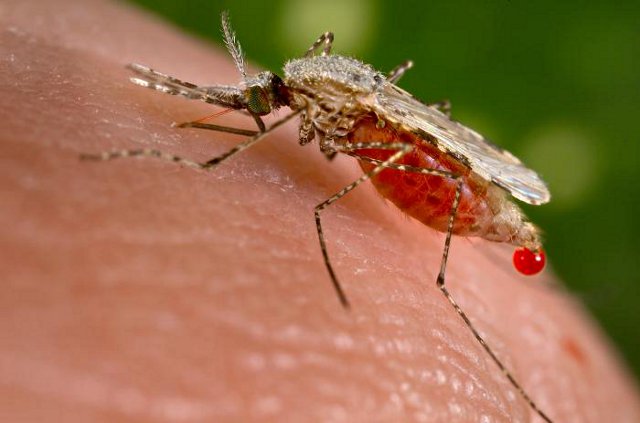 In 2010, the World Health Organization has reported more than 650,000 deaths attributed to malaria, mostly African children. Researchers are now saying that the number deaths could rise up over the years due to increased rainfall in some countries, brought about by climate change.
In 2010, the World Health Organization has reported more than 650,000 deaths attributed to malaria, mostly African children. Researchers are now saying that the number deaths could rise up over the years due to increased rainfall in some countries, brought about by climate change.
According to a recent study in the Proceedings of the National Academy of Sciences, scientists could be on the verge of developing a new tool for combating malaria. Scientists have reportedly discovered how to breed malaria-resistant mosquitoes that are unable to infect humans with their bites.
Scientific American explained that by micro-injecting a specially engineered gene into the mosquito’s eggs, the scientists produced insects that are unable to transmit the disease when they reached adulthood. The gene is also said to be dominant, which could mean that releasing the mosquitoes in strategic locations could dramatically reduce the spread of malaria.
Anthony James, a microbiology and molecular genetics professor at the University of California, together with fellow scientists from the Pasteur Institute in Paris, reportedly altered the DNA of Anopheles stephensi mosquitoes, which are major transmitters of the most deadly strain of malaria.
James said that in order for the malaria-fighting research to become a reality, millions of mosquitoes will have to be bred in a lab and released into the wild at key intervals. “I’m pretty enthusiastic that in five years, we’ll have tools we’ll be able to use, although the ethical, social and legal aspects will likely slow progress,” Professor James said.
Filed in ..